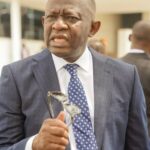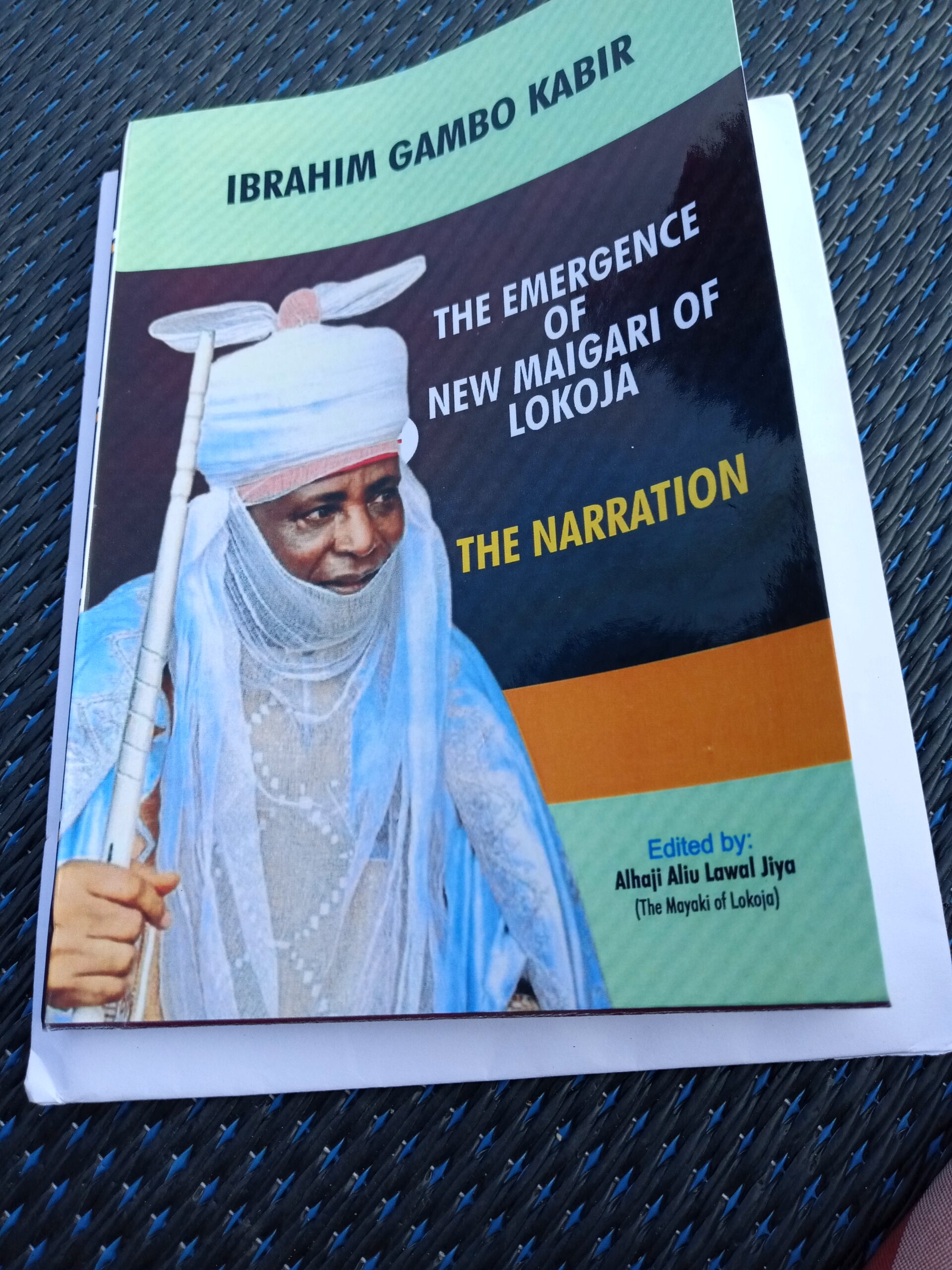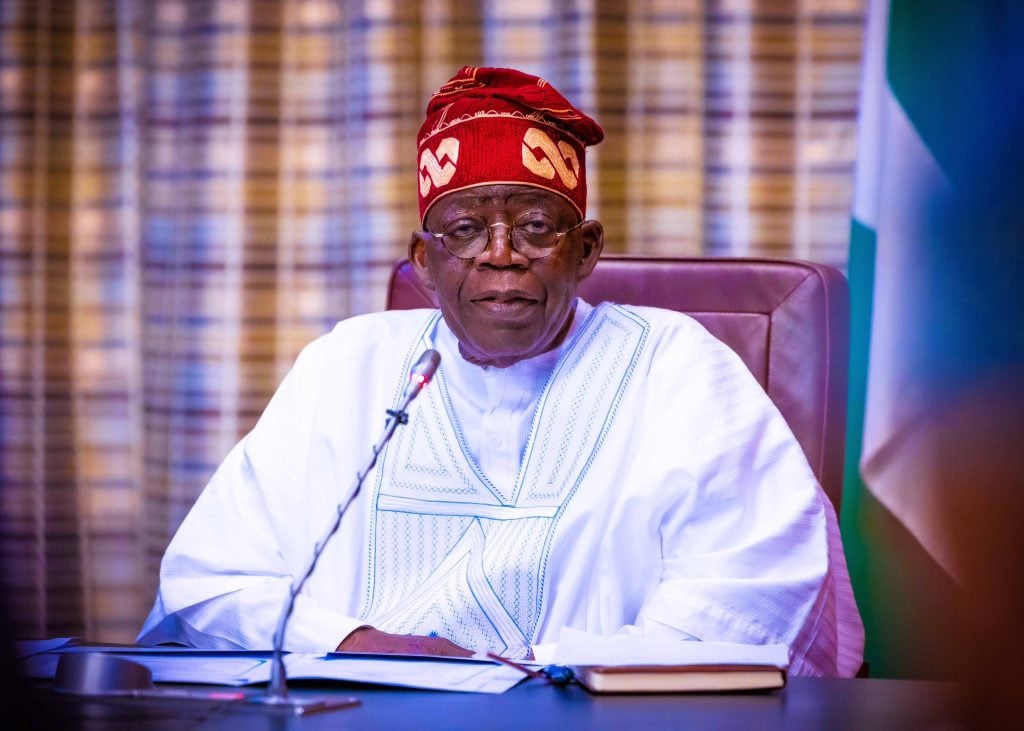
As the Senate resumes session for the 2021 legislative year, EMAMEH GABRIEL looks at issues that will top deliberations at the upper legislative chamber

The provisional schedule for 2021 legislative activities may have been released by the leadership of the National Assembly as activities for the year kick off Tuesday, January 26, 2021. But the leadership postponed resumption to February 9. According to the clerk of the National Assembly, the postponement is to enable members of the APC participate in the registration and revalidation of its membership which commenced on January 25 this year.
The lawmakers had adjourned plenary sessions in December last year to observed the holidays. They had passed the N13.588 trillion as approved budget for 2021 fiscal year and also extended the 2020 budget circle to run till March 2021 as a result of hitches caused by the lockdown occasioned by the outbreak of COVID-19.
Although the National Assembly is yet to formally open, lawmakers especially those in committees have been quite active particularly with regards to the debates on the delicate Electoral Act Amendment Bill, and the thorny Petroleum Industry Bill.
Still, while some Nigerians cannot wait to see the National Assembly come back to work considering the array of challenges and expectations 2021 has already unveiled so far, others may not be so enthusiastic.
This might not be unrelated to a long-held perception that motions and recommendations made by the lawmakers to the executive barely get much regard from the later. Lawmakers have repeatedly complained over their motions being treated as mere advisory by the executive.
Notwithstanding, expectations that some form of legislative firework and robust legislations which will impact positively on the socio-economy of the country battling to come out of its second recession in a space of four years is still rife.
What’s more, the lawmakers of the upper legislative chamber will resume legislative activities amid rising concern over spread of COVID-19 and its economic threat just as debates on another lockdown to check the impact of the second wave remains on the front burner of national discuss.
Some notable decision taken by the Senate prior to the December 2020 recess include the passage of the 2020 Finance Bill, which was later signed into law by President Buhari, Companies and Allied Matters Bill, also signed into law by the President, the 2021 Appropriation Bill, N199 billion FCT 2020 revised budget, approval of restoration of suppressed constituencies in Benue and Delta State, Bill on life imprisonment for kidnappers and a host of others that came to force recently.
As the Senate resumes legislative activities for the new year, the following will top its priority list..
The Petroleum Industry Bill
The passage of the Petroleum Industry Bill will again put the 9th Senate under the leadership of Ahmed Lawan to test as well as their resolve and commitment towards resolving a decade-long legislative logjam.
The PIB, which was first presented to the National Assembly in 2008, seeks to introduce pertinent changes to the governance, administrative, regulatory and fiscal framework of the Nigerian oil and gas industry, in order to ensure transparency, strengthen the governing institutions and attract investment capital, among other objectives.
Twelve years after, the Bill is yet to be enacted after suffering many legislative delays and limited consideration from the executive, thereby leading to increased uncertainty hindering the flow of the desired investments to the Nigerian oil and gas sector.
The federal government has long pledged its intent to overhaul the petroleum industry, entrenching efficiency and transparency in both upstream and downstream sectors, bringing operations in line with international standards.
However, recently, Senate President Ahmed Lawan while marking his 62nd birthday assured Nigerians that the passage of the PIB will form the priority of the National Assembly when it resumes plenary.
According to Lawan: “I think we are proud of ourselves as members of the National Assembly that we have done something worthwhile for our country.
“That is what we intend to do with the PIB. We will pass the PIB that will ensure that businesses here get a very competitive environment; that they are able to make profit and stay and even invest more.
“We are not going to be selfish that only Nigeria should have, yes, because the resources are here, we must get the benefits of the resources here. The businesses, the IOCs which are here, will also benefit from their investments. In fact, oil is everywhere now so we have to have a legislation that will create a very competitive environment that we can get investors in oil and gas from Ghana, from Angola, from Algeria, all to move to Nigeria. We promised Nigerians that we are going to achieve that by the grace of God in the year 2021″.
Even as Nigerians are hopeful that the BIP is passed into law any time soon, investors in the oil and gas sector are however sceptical of the proposed amendment of the Bill (PIB) as they believe it is not healthy for competition in the oil and gas industry.
To this end, they argued that if the proposed Bill is passed into law by the National Assembly upon resumption, it will negatively impact on the oil and gas industry’s competitiveness, future investment decision, government revenue and long term growth.
Mike Sangster Chairman of Oil Producing Trade Section (OPTS) who was in company with other major players: Richard Laing (Exxon Mobil); Rick Kennedy (Chevron); Roberto Daniele (ENI); Sam Ezugworie (Shell); and Bunmi Toyobo (Shell) in the industry noted this recently during a courtesy call to the Senate President, Ahmed Lawan, at the senate wing of the National Assembly.
He noted that, “although some industry issues have been resolved in the PIB, important drivers of investor’s confidence and FGN revenue were not addressed”.
He said among them are: “Deepwater, domestic gas, preservation of base businesses and rights, segregation of upstream and midstream deemed assets, administrative complexity and absence of a robust dispute resolution framework and capital allowance deductions.
The resumption of work on the Bill recently by the Senate committee gave a hint into how contentious is it as it resulted in a brawl by the oil communities at the National Assembly committee room.
Electoral amendment Bill
Key in the constitutional amendment to be discussed in the Senate as they resume session is the Electoral Act repeal and re-enactment Bill 2020.
The joint committee of the National Assembly on INEC had on December 9, 2020 presented a summary of the newly proposed provisions and changes to the 2010 Electoral Act (as amended) during a one-day public hearing on the Bill for an Act to repeal the Electoral Act No. 6 2010 (as amended, 2015).
The new provisions seek to inject more reforms into the Electoral Act to provide the INEC with better working and efficient mechanisms. The new Bill, which seeks to repeal the 2010 Act, addresses many loopholes in the country’s electoral system. It attempts to amends no less than 300 clauses, which includes new provisions.
Chairman Senate Committee on INEC, Senator Kabiru Gaya told LEADERSHIP in an exclusive interview that the National Assembly, together with other stakeholders, is working round the clock to ensure the passage of the new Electoral Act in the first quarter of the year.
Gaya also disclosed that 85% of the section of the Electoral Act has been amended.
He said: It is the end of first quarter of the year, which is the end of March 2021. We are working with Anthony General’s office because if we pass the Bill to Mr President to assent he will ask for the their concerns but if they are carried along into the preparation they will simply advise the president to sign.
“Then we will also bring all the Stakeholders including INEC committees, ranging from the national chairman down to all the staff of INEC to bring out their contributions and also the public hearing for their inputs for what we suppose to do. So far so good we have amended about eight five (85) of section of the electoral Act.
Constitutional Amendment
This would be a special area of focus in the business of the National Assembly as the Senate resumes legislative duty this week.
Top on the list is the request to create more states across the country, restructuring of the nation’s federal structure, gender inclusiveness and the need to have a more credible electoral process. All these will indeed dominate the conversation on review of the 1999 Constitution.
Deputy Senate President Ovie Omo-Agege had in a communique issued recently after a two-day retreat attended by legislators, senior lawyers, academicians and technical experts disclosed that between 2014 and now, “sixty (60) bills for constitutional amendments sponsored by Senators across party lines have been introduced on the floor of the Senate, and over two hundred and fifty (250) memoranda have been received by the Committee from the public.
According to him: “The memoranda received from the public on review of the Committee cover diverse issues including gender equality and affirmative action including inclusiveness of women, youth and persons with a disability, devolution of power to the federating units, local government fiscal autonomy, the unfettered autonomy of the judiciary, derivation, streamlining of criteria for qualification for participation in elective offices at all levels.”
He further noted that the leadership of the National Assembly has decided to complete and give Nigerians a reviewed constitution within this legislative term.
Nation-wide Toll Bill
The Bill which seeks to scale up revenue generation, harmonisation and eradicating of multiplicity in haulage revenue collection, was introduced by Senator Amosun Ibikunle (Ogun Central) on 2nd December and passed first reading.
Governments both at state and federal levels lose billions of naira monthly from haphazard toll collection.
Mr. Amosun had during the introduction of the Bill lamented the huge loss of revenue by the state due to unorganised toll revenue collection, saying the new scheme would address the identified inadequacies of the former method.
Culled from LEADERSHIP NEWSPAPER











